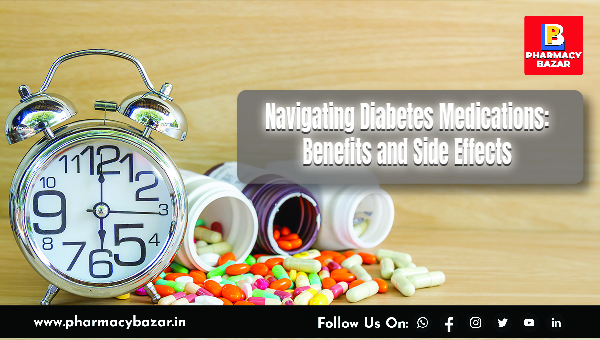The Optimal Time to Take Your Vitamin D Supplement: Insights and Best Practices
Jun 01, 2024
Sunshine is the primary natural source of vitamin D, a vital nutrient for immune function, bone health, and overall wellbeing. However, many people, especially those with darker skin tones, limited sun exposure, or certain medical conditions, may require supplements to meet their daily vitamin D needs. When it comes to supplementation, timing can play a crucial role in maximizing the benefits of vitamin D.
The Best Time to Consume Vitamin D:
The timing of vitamin D supplementation can significantly influence its effectiveness. According to Dr. Rohini Patil, MBBS & Nutritionist, "Taking vitamin D in the morning may maximize the body's absorption of the nutrient and help you function throughout the day." This is due to vitamin D's possible influence on circadian rhythms and sleep patterns. Since vitamin D is fat-soluble, consuming it with a meal that includes healthy fats can improve absorption. Dr. Patil suggests that having vitamin D during breakfast or lunch, when fat consumption is typically higher, may enhance its bioavailability.
Enhancing Absorption with Calcium:
Studies have shown that pairing vitamin D with calcium-rich meals can further increase its absorption. Foods such as milk, finger millet, amaranth, sesame seeds, hemp seeds, garden cress seeds, and green leafy vegetables are excellent sources of calcium. Including these in your diet can help optimize the benefits of your vitamin D supplement.
Maintaining Adequate Vitamin D Levels:
Consistency is key when taking vitamin D supplements. To maintain steady blood levels of vitamin D, it should be taken regularly at a time that fits seamlessly into your daily routine. This consistency helps ensure that you receive the full benefits of the supplement. Additionally, individuals with specific health conditions or those taking medications that affect vitamin D absorption may require personalized timing recommendations from a healthcare provider.
Dietary Considerations for Bone and Cognitive Health:
Incorporating foods that are rich in vitamin D, calcium, and other nutrients can support overall health. Milk and dairy products, known for their high calcium, protein, and vitamin D content, are foundational for bone health. Calcium is essential for bone growth and maintenance, while vitamin D facilitates calcium absorption. Protein supports overall body growth, and omega-3 fatty acids aid cognitive development and complement vitamin D in maintaining optimal bone density.
Additional Nutrient-Rich Foods:
1. Eggs and Fatty Fish: Eggs provide protein for tissue repair and growth, while vitamin D supports bone health. Regular consumption contributes to nutrient adequacy and promotes bone strength.
2. Leafy Greens: These are rich in nutrients that enhance bone health and support energy and growth. They also contribute to a strong immune system and cognitive health.
Conclusion
The optimal time to take a vitamin D supplement is in the morning with a meal that contains healthy fats to enhance absorption. However, individual circumstances and consistency should be considered when determining the best time for supplementation. By incorporating vitamin D-rich foods and maintaining regular supplementation, you can support your immune system, bone health, and overall wellbeing, setting the foundation for a healthy and vibrant life.
DISCLAIMER:
This article is the property of Pharmacy Bazar and is protected by copyright laws. The information provided in this article is for educational and informational purposes only and is not intended to be a substitute for professional medical advice, diagnosis, or treatment. Always seek the advice of a qualified healthcare provider with any questions you may have regarding a medical condition. Never disregard professional medical advice or delay in seeking it because of something you have read in this article. The author and publisher of this article do not endorse any specific treatments, procedures, or products mentioned in this article.
Recent Post

Blood Cancer: Early Warning Signs and Diagnosis

Understanding Gallstones: Causes, Symptoms, and Treatment Options

Navigating Diabetes Medications: Benefits and Side Effects

Revolutionizing Cancer Treatment: How Unleashing T Cells' Energy Could Transform Immunotherapy

The Power of Lower Back Stretches: Benefits and Best Yoga Asanas for a Healthy Spine

8 Health Conditions That Could Be Due to Magnesium Deficiency

Unlocking Brain Health: How Lifestyle Choices Impact Cognitive Functions

When Speech Takes a Surprising Turn: Unraveling Foreign Accent Syndrome

Beyond Diabetes: Unveiling the Hidden Health Risks of Insulin Resistance

India's Pharmaceutical Rise: From $65 Billion to $130 Billion by 2030 - A Journey of Growth and Opportunities

